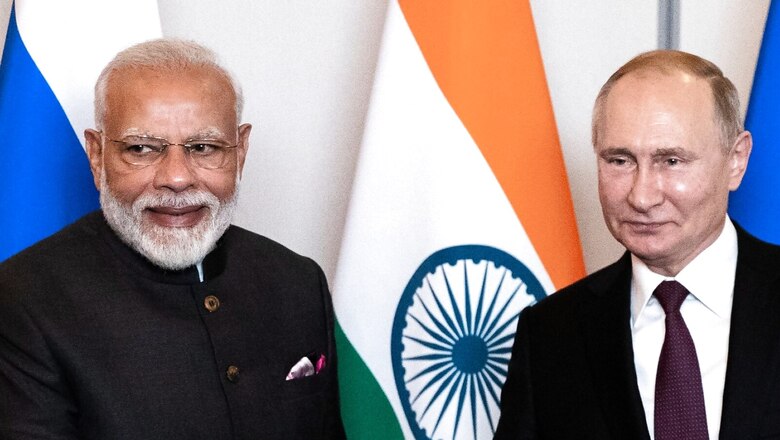
views
Vice Admiral Kay-Achim Schönbach, the head of the German navy, had to step down over his ‘ill-considered’ comments on Russian President Putin at a New Delhi-based think tank recently. Contrary to the US and Germany’s official view, he opined that Putin “probably deserved respect” and Crimea “will never come back” to Ukraine after its annexation by Russia in 2014. This comes at the time when Russia is amassing troops and arms along its frontier with Ukraine. The West fears a likely Russian invasion of Ukraine which the Kremlin has denied. The crisis is so heightened that the EU foreign policy chief, Josep Borrell, has termed it as “the most dangerous moment of the post-Cold War period”.
Russia has called for a reset in its relations with the West by proposing a new security architecture for Europe. It published draft US-Russia and NATO-Russia security treaties on December 17, 2021 and asked for security guarantees from the US-led West that includes rollback of NATO military deployment in Central and Eastern Europe as well as a halt to NATO expansion westward in Russia’s ‘sphere of influence’. Russia held a series of talks from January 10 to 13, 2022 with the US, NATO, and the Organization for Security and Co-operation in Europe (OSCE) that resulted in no breakthrough. As the talks between Russia and the West continue at different levels and formats to deescalate tensions, military buildup in and around Europe is further precipitating the crisis.
The US has put around 8,500 troops on alert for possible deployment in Eastern Europe as a part of a NATO response force. Britain has come forward and helped Ukraine with short-range anti-tank missiles, and the Baltic states of Estonia, Latvia, and Lithuania have offered support with US-made anti-tank and anti-aircraft missiles to Ukraine.
Recently, Russian troops and military hardware have made their way to neighbouring Belarus, a Russian ally, for joint military exercises. What remains alarming is Russia’s intentions of undertaking joint exercises in western Belarus that borders NATO member-states of Poland and Lithuania and also in southern Belarus that borders Ukraine.
NATO has been responding to Russia’s unprovoked military buildup along its frontier with Ukraine by coming up with a strong deterrence against Russia. The organisation has been fortifying its presence in the Baltic Sea and the Black Sea regions. France, under the NATO command, has plans to send troops to Romania and Spain is taking into account sending fighter jets to Bulgaria. NATO has positioned itself as a defensive alliance that has beefed up its military presence in Central and Eastern Europe after Russian annexation of Crimea in 2014. But Kremlin has accused it of quelling tensions by aiding and arming neighbouring Ukraine. Thus, the situation remains grim in Europe and might lead to a military conflict.
Whatever happens in Europe, will not stay in Europe, and New Delhi would feel the fallout of the crisis at the external as well as at the domestic level.
From the end of the Cold War until now, India has, to a great extent, successfully reached out to the West, which includes the US and the EU, along with managing close ties with its traditional partner, Russia. All this has been in the pursuit of New Delhi’s strategic interests. The West and Russia’s fractured relations and any probable military escalation in Europe between the two conflicting parties will not serve New Delhi’s strategic interests.
The US-led West has identified China as a systemic rival and a strategic competitor, and has been addressing Beijing’s illiberal rise by rallying allies and partners, including India, in the Indo-Pacific region to deal with the ‘China challenge’. This serves India’s strategic interests that faces a ‘rogue’ China escalating tensions on its borders.
Moreover, for the US, China remains the primary strategic challenge and it would need Moscow on its side in dealing with an assertive China. What further complicates the Russia-West equation is the latest deepening of Moscow-Beijing ties that may pose a threat to the US interests globally. A probable Russia-Ukraine war would further strengthen the China-Russia axis that is based on the commonality of interests, a concern voiced last week by Vice Admiral Schönbach in New Delhi. Thus, finding an entente with Moscow should drive the US-led West’s approach in dealing with Russia amidst the current crisis.
At the domestic level, India has felt the heat of the West-Russia standoff in the past as well. For instance, the aftermath of Russia’s annexation of Crimea in 2014 saw rising commodity prices globally and thus, rising prices of fuel at home. The reoccurrence of a similar scenario cannot be repudiated as tensions are soaring again between the West and Russia. Furthermore, the crisis can engulf India’s already reeling crude edible oil supplies that rely on imports to meet a large part of its annual demand. Ukraine is India’s largest supplier of sunflower oil that helps meet around India’s three-quarters of demand for the oil. In an environment of already high commodity prices internationally, the Ukraine-Russia crisis can further complicate the situation.
For India, it was the period of cold peace between the West and Russia in the 1990s that gave it room to reach out to the West to make the most of the then-changing strategic environment. Even when this entente saw a downward spiral in the first decade of the 21st century, New Delhi further embraced the West. India-Russia partnership might not be the defining partnership today as it was during the Cold War era, but Moscow remains New Delhi’s ‘steady’ and a leading defence partner. Similarly, India’s strategic partnerships with the US, France, and the EU have their own economic and geostrategic benefits. India might be an onlooker in the ongoing standoff between the West and Russia, but repercussions of a military standoff between the West and Russia will affect New Delhi’s strategic manoeuvring.
Jayesh Khatu is a doctoral candidate and a UGC Junior Research Fellow at the Centre for European Studies, School of International Studies, Jawaharlal Nehru University, New Delhi. The views expressed in this article are those of the author and do not represent the stand of this publication.
Read all the Latest Opinions here













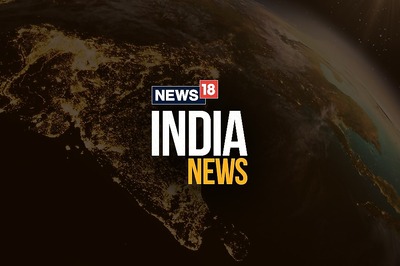



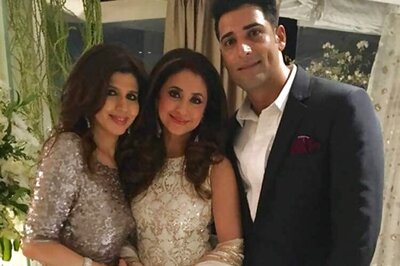
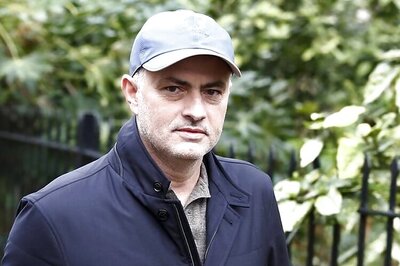
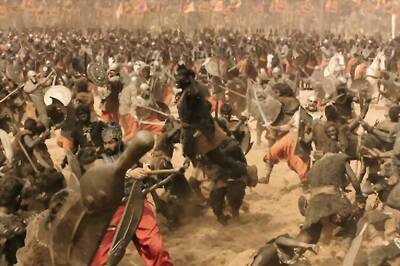
Comments
0 comment